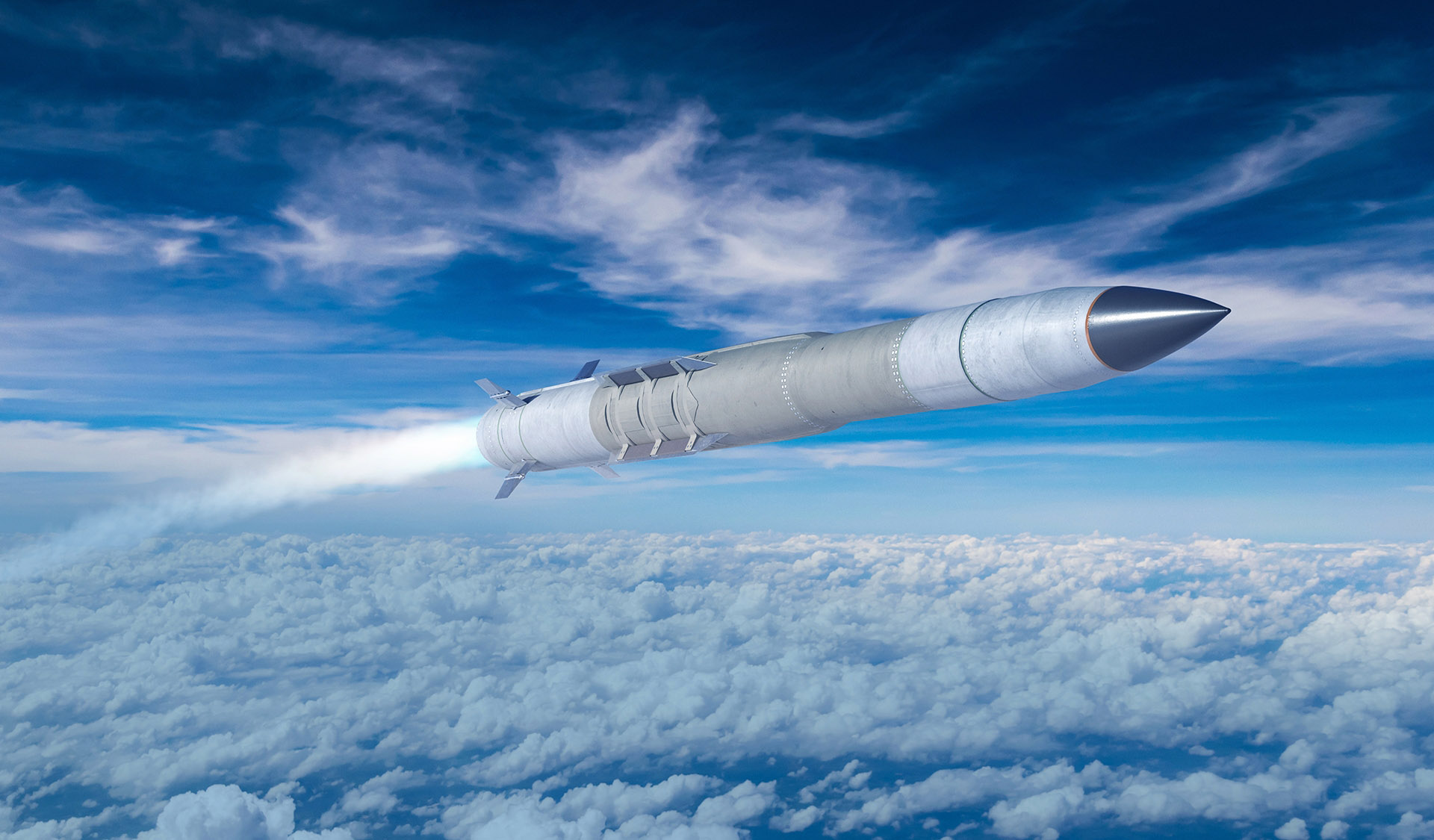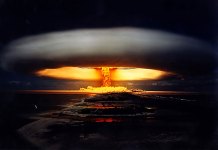Japan is reportedly gearing up to officially adopt a policy shift this week that will facilitate the export of numerous Patriot missiles to the United States, a strategic move aimed at replenishing Washington’s stockpiles.
Japanese media outlets reported on December 20 that the government has informally decided to export Patriot ground-based interceptor missiles, produced domestically under license from US companies, to the United States.
This move, involving the planned export of PAC-2 and PAC-3 interceptors, represents a significant departure from Japan’s defense equipment transfer policy established in 2014.
The country’s “Three Principles on Transfer of Defense Equipment and Technology” delineate guidelines for defense equipment exports, including weapons, while prohibiting the transfer of military supplies to countries engaged in conflicts.
The potential export of PAC-2 and PAC-3 interceptors, capable of directly targeting individuals and destroying objectives, will mark Japan’s first instance of exporting the finished lethal weapon system.
Government officials will work on finalizing the specifics in consultation with the ruling coalition. The ultimate decision will rest with Japan’s National Security Council, and there are indications that the final verdict may be reached by the end of the month.
Japan’s defense equipment export rules tightly regulate licensed products that the country can manufacture by paying patent fees to foreign businesses.

Under the existing framework, only components for equipment produced under a US license can be exported, whereas license-manufactured whole systems cannot be shipped to other nations.
Responding to a recommendation from talks between the ruling Liberal Democratic Party (LDP) and its coalition partner Komeito, the government is expected to revise operational guidelines for the three principles as early as December 22. This revision will permit Japan to export completed items to the licenser country.
Following the amendment, the government intends to export PAC-2 and PAC-3 interceptors, which Mitsubishi Heavy Industries Ltd. manufactures under Raytheon and Lockheed Martin licenses.
Japan’s Support Crucial For The United States?
In light of a critical shortfall in Ukraine’s air defense capabilities and the ongoing challenges in securing funding from Congress, the United States has found itself increasingly dependent on allies to step in and provide crucial weapons support in an urgent capacity.
In particular, the increasing demand for Patriots in Eastern Europe, compounded by the Israel-Gaza conflict, has strained the supply. The Pentagon has responded by deploying air defense troops, including those operating Patriot batteries, to address a surge in aerial attacks on US troops in the Middle East.
Acknowledging the significance of supporting its ally and safeguarding its national security, Japan appears to have indirectly assisted Ukraine by offering support to the US inventory.
It is believed that President Biden brought up the matter with Prime Minister Fumio Kishida during a historic tripartite summit at Camp David in August and reaffirmed the discussion at an economic meeting in San Francisco last month.
Reports indicate that another East Asian country and ally of the US, South Korea, has quietly supplied more artillery ammunition to Ukraine than all European countries combined.
As the Japanese government reviews operational guidelines, one facet of its plan is to allow the licenser nation to transfer equipment imported from Japan to third countries.
However, this will be restricted, particularly concerning transfers to nations embroiled in conflict.
To avoid contributing to the conflict directly, Japan will not allow the transfer of its Patriot missiles to Ukraine. Instead, it is contemplating sending dozens of missiles to the United States to replenish stocks designated for Japan and the Indo-Pacific.
Japan has previously engaged in the export of finished defense equipment to the Philippines; however, the exported items were non-lethal early-warning radar systems.
This expected decision came when President Zelensky urgently called for additional munitions.
Ukraine has utilized the Patriot system effectively, including allegedly intercepting Russian air-launched hypersonic missile Kinzhal and achieving notable successes, such as downing enemy helicopters and jets.
The anticipated decision aims to lift the ban on licensed defense exports, allowing Patriot interceptors manufactured in Japan to be included in the US inventory. This would effectively release Patriot missiles that the United States would have otherwise reserved for the region, thereby increasing flexibility to redirect them to Ukraine.
- Contact the author at ashishmichel(at)gmail.com
- Follow EurAsian Times on Google News




